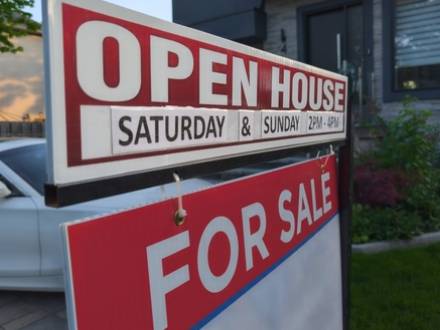1512 Artaius Parkway, Suite 300,
Libertyville, IL 60048
Call for a FREE Phone Consultation
847-549-0000
Video Consultations Also Available
 Spanish
SpanishServing Clients Across 7 Illinois Locations
How Seasonality Could Affect Buying or Selling a Home
 Seasonality is a normal pattern in the real estate market, causing the volume of sales as well as the pricing trends to peak and dip, depending on the time of year. Seasonality is the result of market dynamics, the overall economy, weather, holidays, and even school schedules.
Seasonality is a normal pattern in the real estate market, causing the volume of sales as well as the pricing trends to peak and dip, depending on the time of year. Seasonality is the result of market dynamics, the overall economy, weather, holidays, and even school schedules.
As a seller or a buyer, you can make more informed decisions when you have a solid understanding of seasonal housing sales trends. If you are a new buyer, it can be extremely beneficial to speak to an experienced Gurnee, IL real estate lawyer before you make any decisions that cannot be undone.
What is the Traditional Seasonal Real Estate Cycle?
Barring exceptional national issues – like a recession – the real estate market follows a fairly predictable cycle. Although the specifics of this cycle can vary somewhat, based on the region, most real estate markets experience the same seasonal cycles, which include:
Winter
December to February (winter for most) is almost always the slowest real estate season. Holiday distractions and cold weather convince many buyers and sellers to put their real estate plans on hold until the weather begins to warm. Real estate listed in the winter months tends to remain on the market longer than real estate listed in the spring, summer, or fall. While there is less competition for sellers, if you live in an area that is hit hard by winter, your home may not show as well.
Spring
March to May is usually considered the peak season for real estate, as warmer weather and longer daylight hours improve convenience for looking at or showing properties. Families with children like to purchase homes in the spring so they can move during the summer when their children are out of school. This season brings significantly more competitive pricing for real estate. If you are selling, you can probably get more for your home, but if you are buying, expect to pay more.
Summer
June through August is the next busiest season for real estate, with many homes closing during these months. The competition remains strong until late August when real estate markets typically begin to see a slowdown. Like the spring season, real estate is still selling quickly and for higher prices. There may be an increase in sales to parents who have just found out they are moving and need to buy a home quickly before school starts.
Fall
From September to November, the real estate market usually cools along with the weather. While there are often fewer listings, serious buyers, particularly those without children, remain active. A seller listing his or her property in the fall may need to offer incentives or adjust pricing accordingly. The good news is that buyers are often eager to close a real estate deal quickly during off-peak seasons. Buyers may have more negotiating room during the fall and may be able to convince sellers to offer concessions like paying closing costs or making repairs.
What Factors Can Override Seasonality?
While the seasons are the primary predictor of how quickly and for what price homes will sell, there are other factors that can sometimes override seasonal trends. These include:
- Changes in mortgage interest rates
- Economic prosperity or an economic downturn
- Local market trends
Contact a Lake County, IL Real Estate Lawyer
If you are considering buying a new home or selling your present home, an experienced Libertyville, IL real estate attorney from Newland & Newland, LLP is ready to help you in your endeavor. Our attorneys are local to Illinois, with decades of experience between them. The main attorney has served on the Board of Directors of the Illinois Real Estate Lawyers Organization and the Real Estate Committee of the Lake County Bar Association. To schedule your free consultation, call 847-549-0000 today.
 Stop Foreclosure
Stop Foreclosure
















